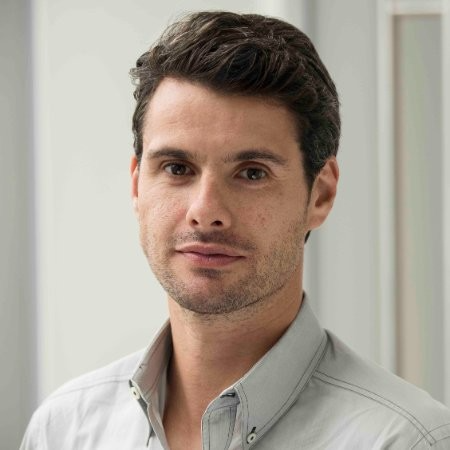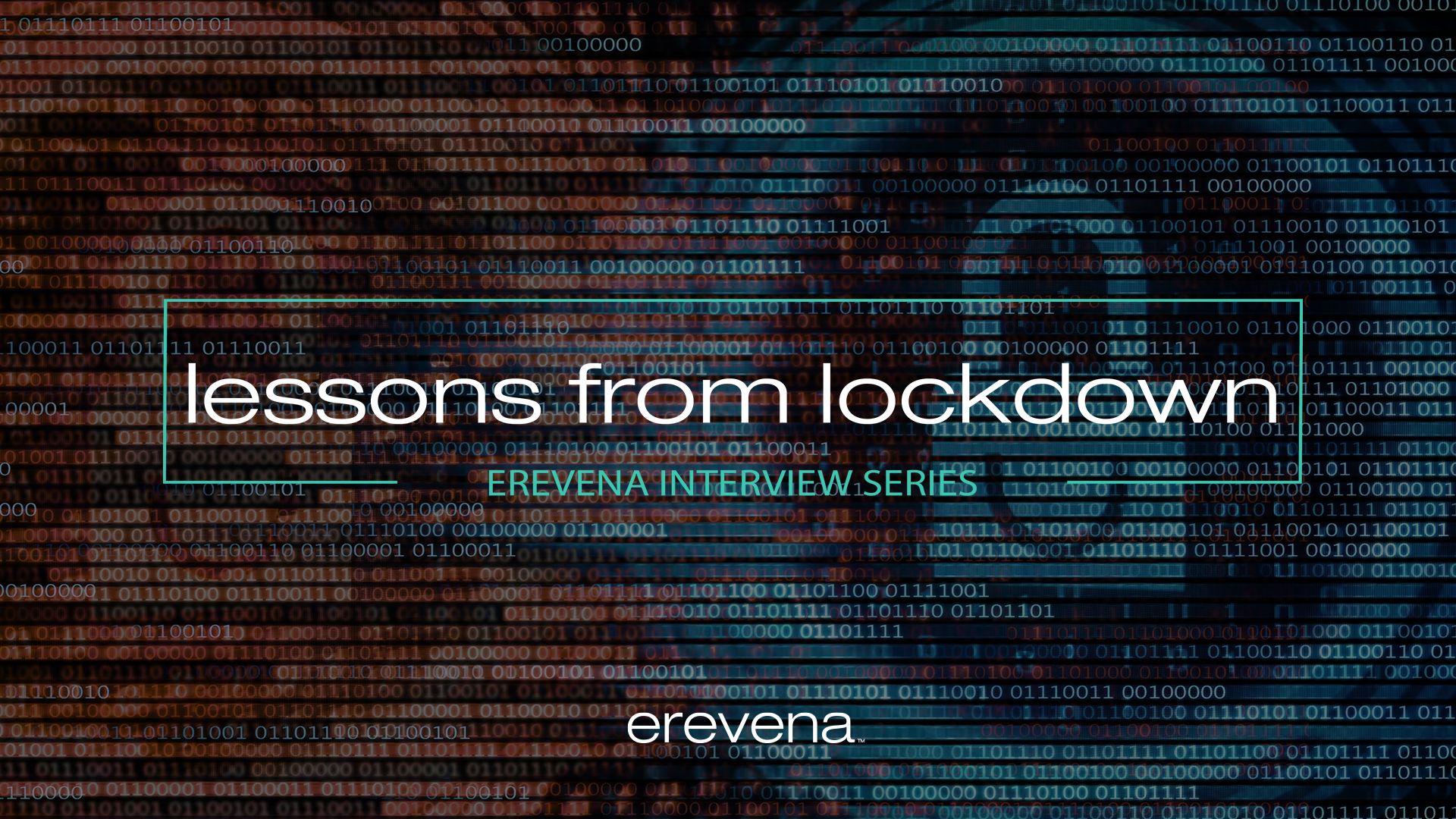Michael Treskow, Partner at Eight Roads Ventures, the global venture capital firm, talks to Jonathan Bryant, Partner at Erevena about the challenges and opportunities faced working remotely during lockdown. Eight Roads Ventures is a global venture capital firm, with 100+ investors across Europe, Asia, and the US, and 250 portfolio companies.
Eight Road Ventures is committed to supporting entrepreneurs as they scale their businesses. They back founders with high conviction and are selective about the number of investments they make so that they ensure they can provide the help required. Michael is part of the London team that works with roughly 30 portfolio companies across Europe and Israel.
How do you go about meeting new founders during lockdown?
We’ve closed 2 investments whilst in lockdown, but we had met the founders before. We haven’t yet made an investment in a company where no one on our team has met the founders, but if lockdown restrictions continue that will change. It’s quite tricky to make investments without meeting founders in person, as our business is all about backing people. Normally visiting the office, chatting to the broader team, and social interactions more generally are a key part of our investment process. We have to find a way to compensate for that.
We go out of our way to make it easy for companies to approach us and typically there’s lots of networking involved, attending various events to meet founders and fellow investors. Now, we don’t have the social networking events which can lead to serendipitous bumping into people. I’ve compensated for this by proactively reaching out more and doing lots of one-on-one networking remotely. Hopefully though it won’t be too long before we can meet people again face to face.
Have there been any advantages to working remotely?
It’s much easier now to schedule time to meet people; with the lack of commuting time the working day has been stretched and I’m having calls earlier or later in the day so its more efficient. I was personally very much of the view that having everyone based in the office when possible was the way to go, particularly as we all travel a lot, but I’m not so convinced now. I think there has been a recognition, certainly on my part, that there’s a clear benefit to productivity in spending a day or two working at home.
I now have more time available for my current portfolio, particularly as I’m not travelling anywhere, so I’m spending that time with them remotely. There’s been a massive increase in communication over the last couple of months. I’ve gained in productivity; you can focus a little bit more and get more done, but also conversations need to be pre-planned and structured, as you’re not just running into people.
Do you think there will be a longer-term change to the way you work?
I think we will try and have times when we’re all together and times when it’s up to individuals how they want to work. However, there will need to be more structure around our communications alongside that personal flexibility. There will be times though, such as board meetings, when there needs to be consistency to make it work, either everyone needs to be in the room, or everyone is remote. If just some people are dialling in the conversation takes on a different flow. All or nothing works better in my experience.
How have your portfolio companies adapted?
I must say they’ve all adapted pretty well, and we can certainly learn from our portfolios when it comes to communication. For example, we’ve started doing regular stand-up meetings when everyone goes around the room and quickly updates everyone else on the important tasks that are in progress, finished or about to be started. These are short and direct and very efficient.
I’m seeing a bit of zoom fatigue set in, and introverts and extroverts have responded differently to remote working. We’re seeing people with family or personal circumstances that make working at home more difficult, and we need to be mindful of that.
What has the impact on hiring across your portfolio been?
At first there was a natural pause when everyone assessed the situation and figured out a strategy. But on the senior side we’ve continued to make hires, On the day to day side, particularly with remote engineering set-ups, it was more typical to not necessarily meet people before hiring them. The more challenging part of the process is onboarding people remotely. Our portfolio companies are putting in place more communication and structured processes as a temporary patch, rather than as a substitute for face to face onboarding.
What tips can you give to companies seeking investment remotely?
It’s still the same process but the advice I’d give is to overcompensate for not being able to meet up. In particular with investors you haven’t met before, it’s best to acknowledge the elephant in the room and proactively talk about ways how both sides can get more comfortable with each other from a cultural and interpersonal perspective.
Share this article:












